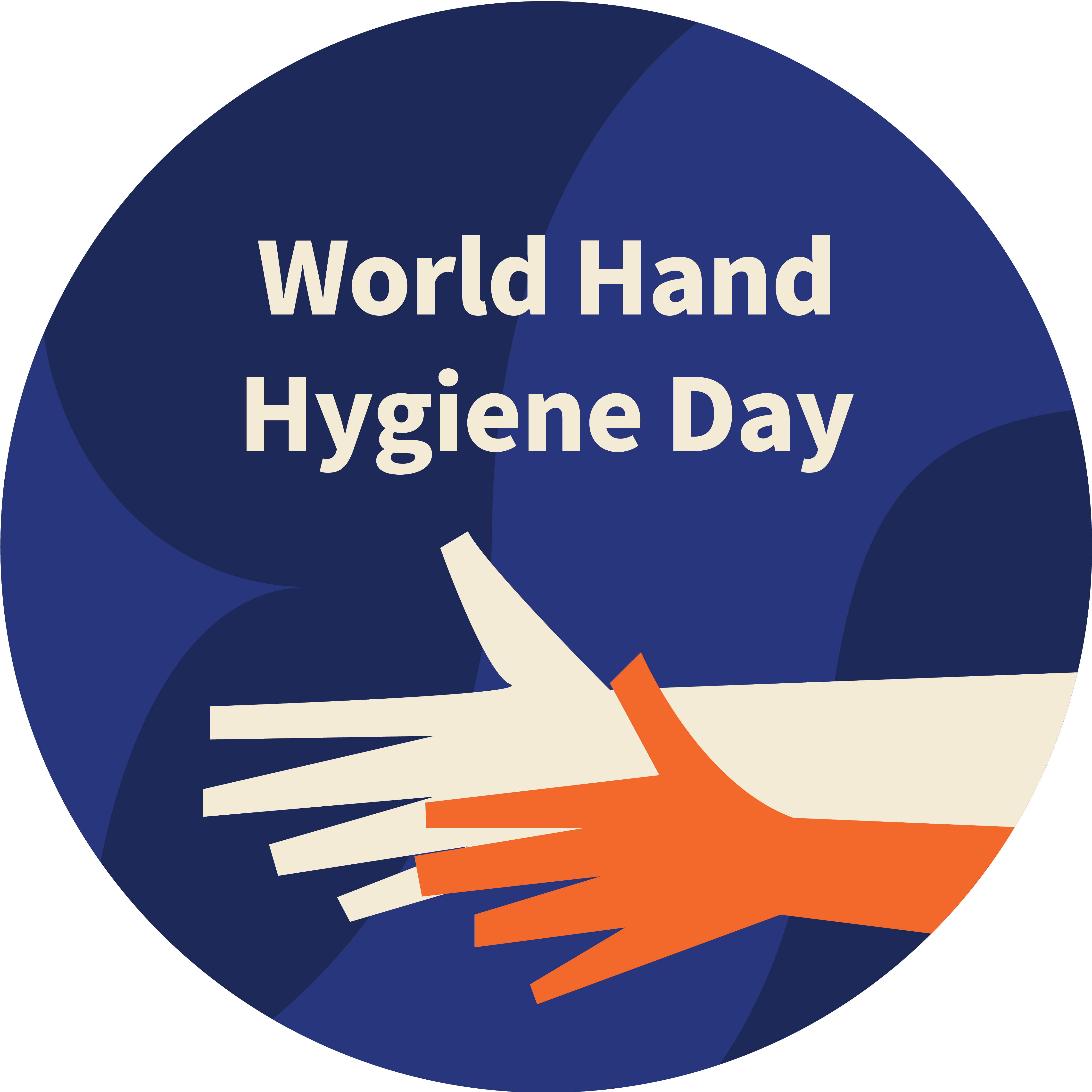Middle East Respiratory Syndrome in Al Ahsa, Saudi Arabia, 2015-18: A lingering epidemic
DOI:
https://doi.org/10.3396/ijic.v16i2.012.20Keywords:
Middle East respiratory syndrome, risk factors, mortality, Saudi ArabiaAbstract
Middle East respiratory syndrome (MERS), an emerging disease with fatal outcomes, has limited information on regional variations and their impact on the control measures. The aim of this study was to describe data on distribution of and possible association of risk factors for the disease and poorer outcomes, and recommendations for better control of the disease. Data were collected for 2015-2018 in Al Ahsa, the largest region (population 1.2 million) in the eastern part of Saudi Arabia. In total, 103 cases were reported during the study period with fever and cough as predominant presenting symptoms. The majority were male, >50 years old, and Saudi nationals. One third of patients had comorbid conditions (diabetes and cardiac predominantly). Occupation profiles of the patients varied, with camel owners and security personnel constituting 40% of the study population. In conclusions, older age, nationality, extracorporeal membrane oxygenation (ECMO) treatment, and associated comorbid conditions were found to be probable risk factors for poor outcomes. The mortality rate (59%) was distinctly higher in patients aged >60 years. The study highlights probable risk factors for poor outcomes in MERS patients, and discusses scope for further intervention and better management.
Downloads
Downloads
Published
How to Cite
Issue
Section
License
Authors retain copyright of their work, with first publication rights granted to IJIC. Read the full Copyright- and Licensing Statement.




